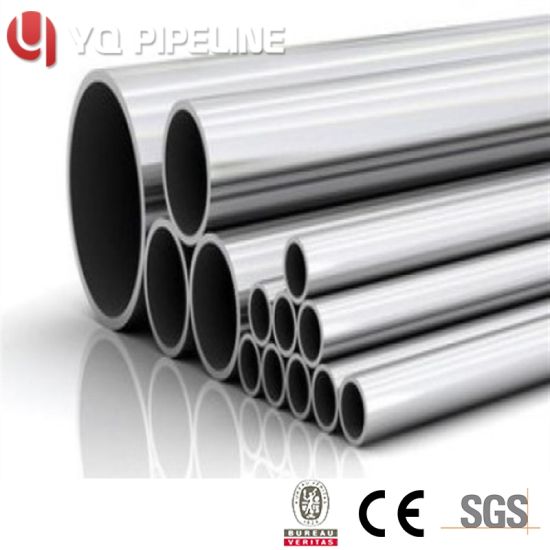ASTM A200 T5 alloy steel pipes are specifically designed for refinery service, where exposure to high temperatures, corrosive fluids, and high pressure conditions is common. These pipes are versatile and can be used in heat exchangers, furnace pipes, and line pipes in the petrochemical industry, chemical processing plants, and power generation facilities.

The chemical composition of ASTM A200 T5 alloy steel includes elements like chromium, molybdenum, and vanadium that improve its mechanical properties. The presence of chromium makes these pipes resistant to corrosion and oxidation, while molybdenum enhances their strength and hardness at high temperatures. Vanadium improves the ductility and toughness of these pipes, enabling their use in extreme conditions.
ASTM A200 T5 alloy steel pipes undergo several tests to ensure their quality and performance. These tests include hydrostatic testing, eddy current testing, flattening testing, and tensile testing. The pipes must meet specific standards and regulations before they are approved for use in refineries.
In conclusion, ASTM A200 T5 alloy steel pipes are essential components in refinery service due to their excellent mechanical properties, corrosion resistance, and heat resistance. These pipes ensure the safe and efficient operation of various industrial processes that require the transportation of fluids at high temperatures and pressures. If you are looking for high-quality ASTM A200 T5 alloy steel pipes, ensure that you purchase them from a reputable supplier that meets the required standards and regulations.